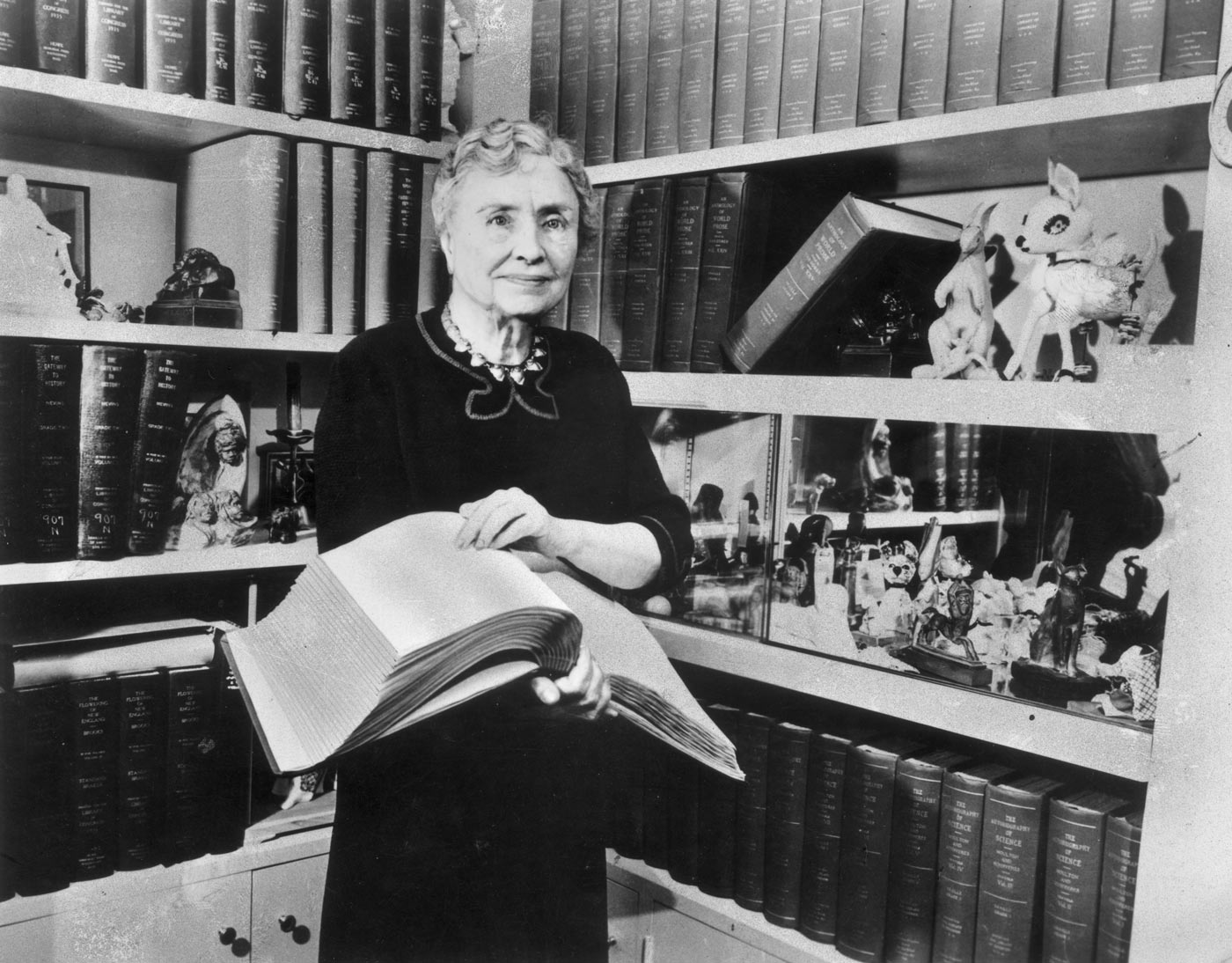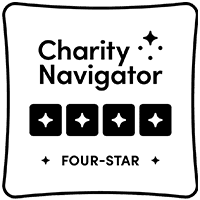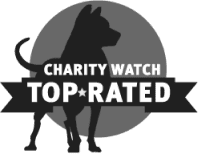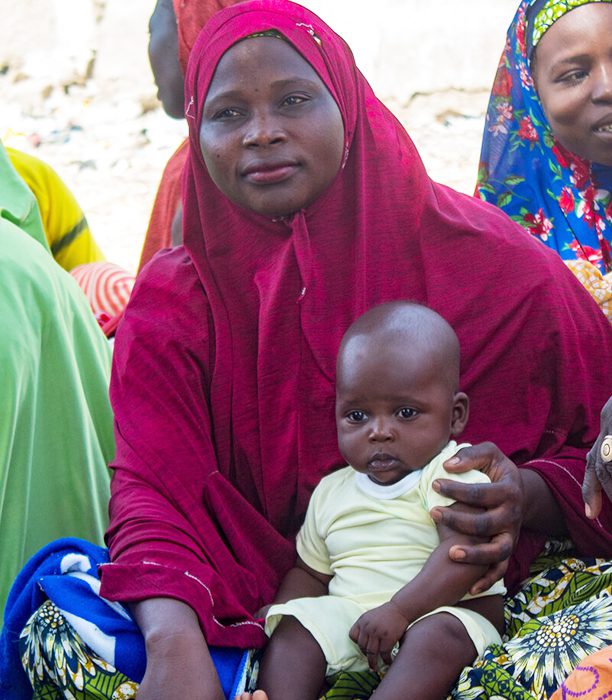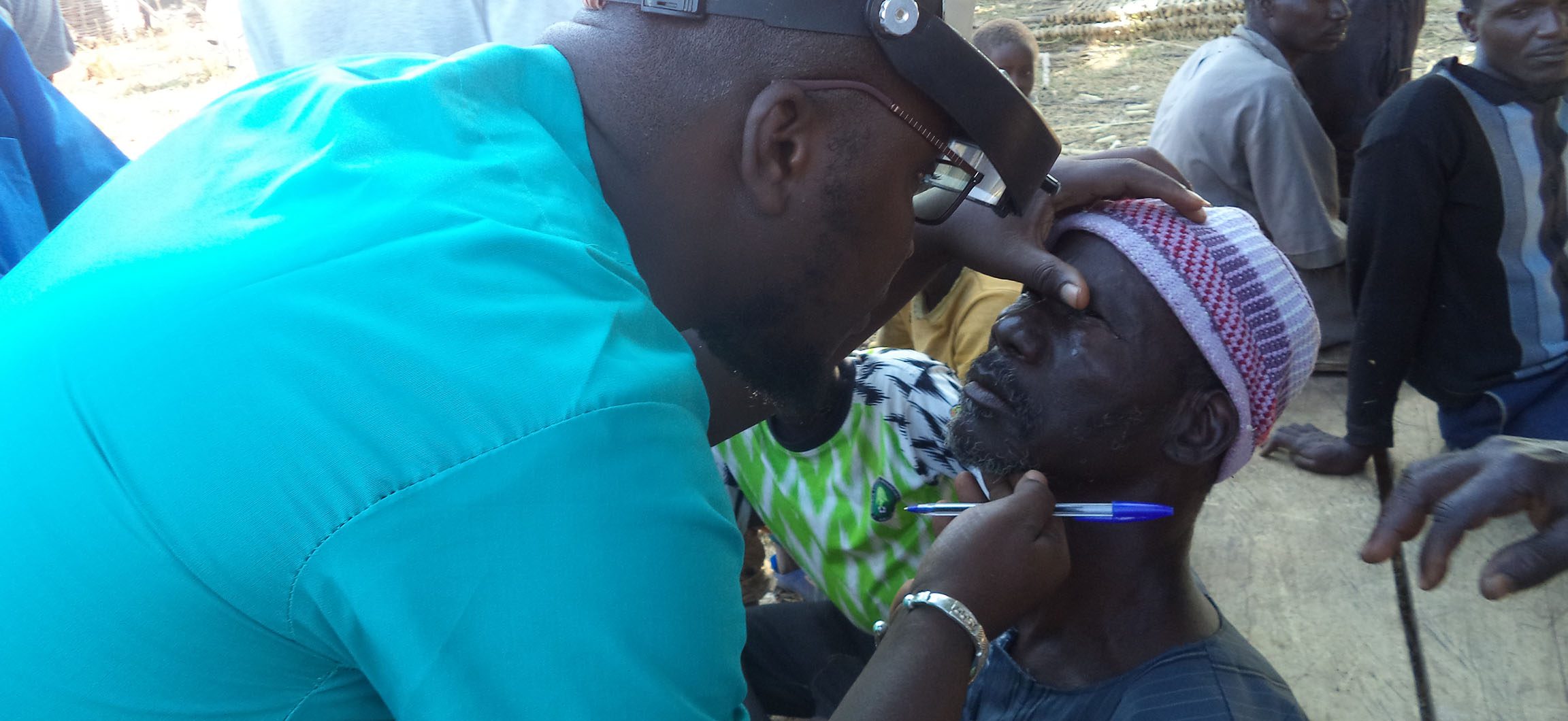
Partners Celebrate Elimination of Trachoma as Public Health Problem in Mali
Milestone signals nearly 10 million spared from blinding disease
FOR IMMEDIATE RELEASE
(May 16, 2023) – Mali has become the 17th country to receive the World Health Organization’s validation of the elimination of trachoma as a public health problem. The Carter Center, Helen Keller Intl, and Sightsavers are proud to have worked together in partnership to support the government of Mali in their fight against trachoma. This decade old partnership was made possible through the support of Conrad N. Hilton Foundation.
“Together, the Malian people have shown persistence and dedication to eliminate trachoma in their communities. It has been a privilege to work alongside dedicated government staff, communities, and partners to reach this trachoma elimination milestone, which impacts the lives of the millions in Mali,” said Professor Lamine Traoré, Coordinator of the Programme National de la Santé Oculaire (PNSO) of Mali. “The burden of trachoma was severe when the program started, yet Mali showed what is possible with collaboration and partnership. I am proud to share this incredible achievement with the people of my country and hope it’s an inspiration to other countries facing similar battles.”
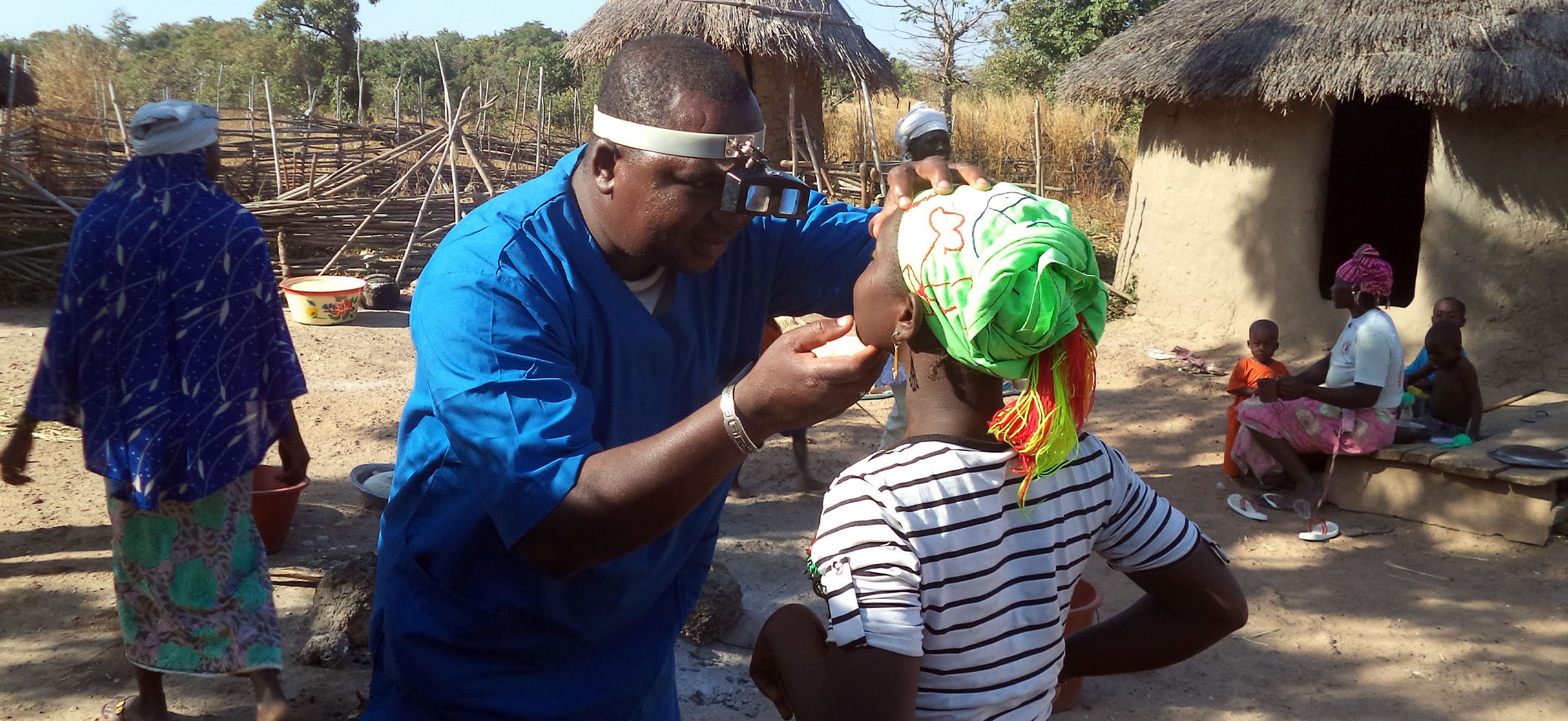
Mali’s PNSO has overcome significant challenges to achieve this accomplishment, including vast terrain, disease prevalence, political instability, and conflict. A 1996 survey found trachoma in nearly every region of the country with nearly 10 million people at risk of going blind. Mali has now become the first country with such significant levels of trachoma at program inception to achieve validation status.
Trachoma, one of the world’s oldest diseases and leading cause of infectious blindness, afflicts the most under-resourced members of society. Repeated trachoma infections beginning in childhood cause inner-eyelid scarring that can lead to irreversible blindness in adults. Women are exposed to repeated infections through their role as caretaker to children who typically are the reservoir for disease. For this reason they are two times more likely than men to suffer from the blinding stage of the disease.
“Eliminating trachoma will have a huge impact for people in Mali and have a ripple effect on our society in so many different ways,” said Boubacar Dicko, Sightsavers’ country director for Mali. “Ending the disease will break the vicious cycle of pain, disability, and stigma for many patients, as well as increase productivity, improve school attendance and allow greater empowerment for women.”
Mali and The Carter Center’s partnership on trachoma began when President Carter traveled there to visit President Amadou Toumani Touré in 1998. During that trip, former U.S. President Jimmy Carter emphasized that working in close partnership to help implement health programs was a guiding principle of The Carter Center.
“Reaching this goal together shows what we can accomplish when we gain the trust of our partners and follow the leadership of Mali’s Ministry of Health,” said Sadi Moussa, the Carter Center’s senior country representative in Mali. “This success has given us confidence to continue investing in neglected tropical diseases to ensure all families can both access and afford the care they need not only to eliminate specific diseases, but also to achieve improved public health in general.”
Mali was one of the first countries to try a community-directed approach to drug distribution. Training thousands of health workers and community volunteers to distribute medication in their own communities meant life-changing treatment could reach the most remote parts of the country. This method is now used across many countries to eliminate trachoma and other neglected tropical diseases.
“It would not have been possible alone. Putting tools in the hands of community health workers empowered them to treat their neighbors, reaching even the country’s most remote communities,” said Benoit Dembele, regional technical advisor for neglected tropical diseases at Helen Keller Intl. “Eliminating trachoma as a public health problem in a country that was once so endemic is an incredible milestone. It means a better quality of life for millions of people and families, giving them the opportunity to discover their true potential.”
The Carter Center, Helen Keller Intl, and Sighstavers joined together under funding provided by Conrad N. Hilton Foundation. These partner organizations shared the common goal of supporting Mali until trachoma elimination was achieved and have assisted the government of Mali to distribute more than 29 million doses of antibiotics, conduct nearly 90,000 eyelid surgeries to address advanced trachoma, and trained more than 200 surgeons to conduct the surgery and prevent blindness. Together, the partners broadcast more than half a million radio messages about hand and face washing and built 140,000 latrines to achieve and sustain trachoma elimination.
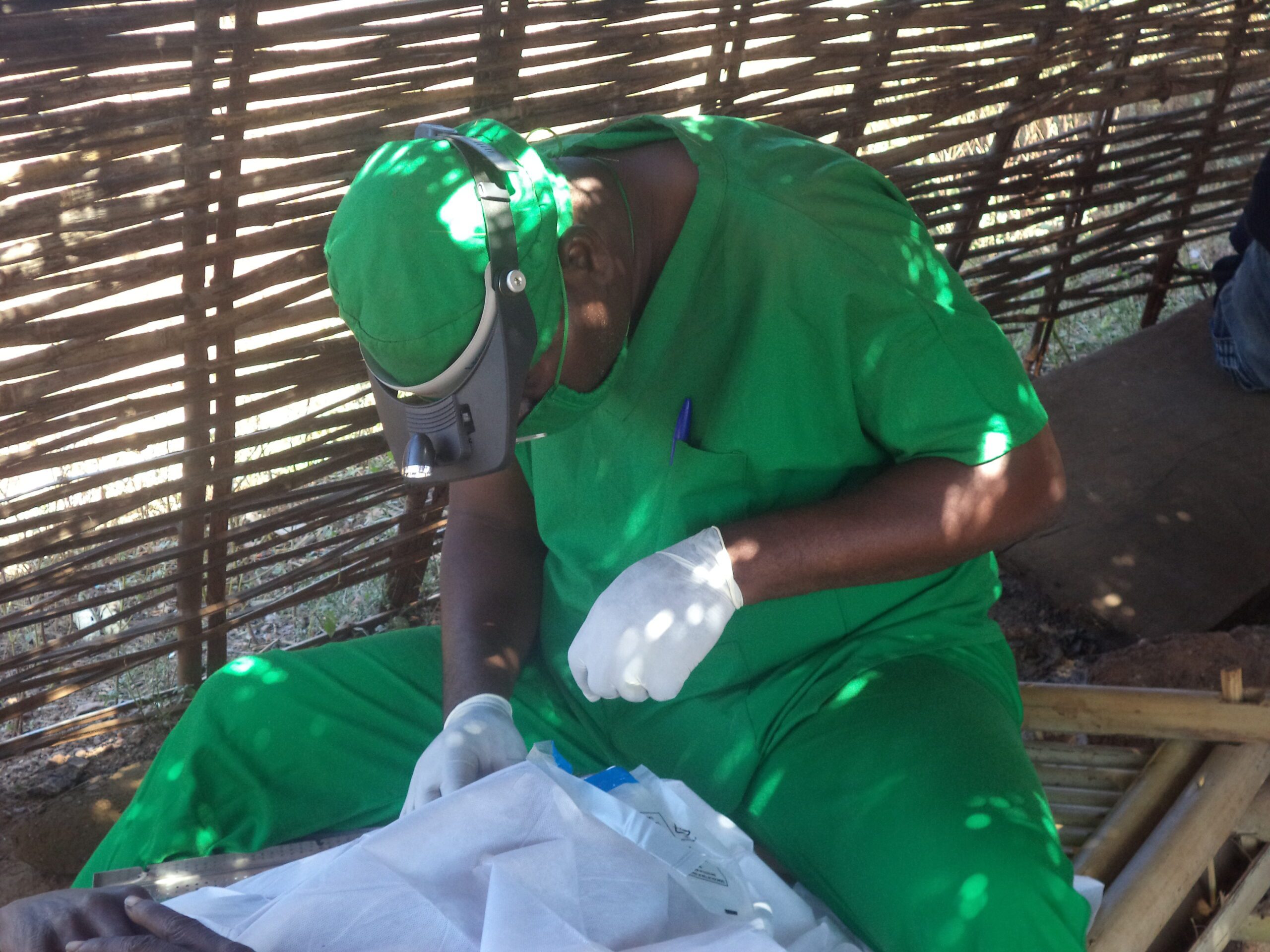
Many other partners have contributed to Mali’s efforts to achieve this feat, and numerous international donors provided funding for the work throughout the span of the program, including Lions Clubs International Foundation and the U.S. Agency for International Development. The International Trachoma Initiative also facilitated the essential donation of millions of doses of antibiotics from Pfizer Inc. and the World Health Organization reviewed the work conducted in Mali and granted this validation. It is due to all of these strong partnerships over the years that have made this milestone in Mali possible.
###
The Carter Center
“Waging Peace. Fighting Disease. Building Hope.”
A not-for-profit, nongovernmental organization, The Carter Center has helped to improve life for people in over 80 countries by resolving conflicts; advancing democracy, human rights, and economic opportunity; preventing diseases; and improving mental health care. The Carter Center was founded in 1982 by former U.S. President Jimmy Carter and former First Lady Rosalynn Carter, in partnership with Emory University, to advance peace and health worldwide. Visit our website CarterCenter.org
Helen Keller Intl
Guided by the remarkable legacy of its co-founder, Helen Keller, Helen Keller Intl partners with communities that are striving to overcome longstanding cycles of poverty. By delivering the essential building blocks of good health, sound nutrition and clear vision, the organization help millions of people create lasting change in their own lives. Working in 20 countries – across Africa, Asia, Europe and the United States – and together with a global community of supporters, Helen Keller Intl helps to ensure every person has the opportunity – as Helen did – to reach their true potential. Learn more at HelenKellerIntl.org.
Sightsavers
Sightsavers is an international organization that works in more than 30 low- and middle-income countries to end avoidable blindness, treat and eliminate neglected tropical diseases, and promote equality of opportunity for people with disabilities. Sightsavers vision is of a world where no one is blind from avoidable causes and people with disabilities participate equally in society. It is a registered 501(c)(3) organization (EIN: 47-4657747). For more information, please visit www.sightsavers.org

